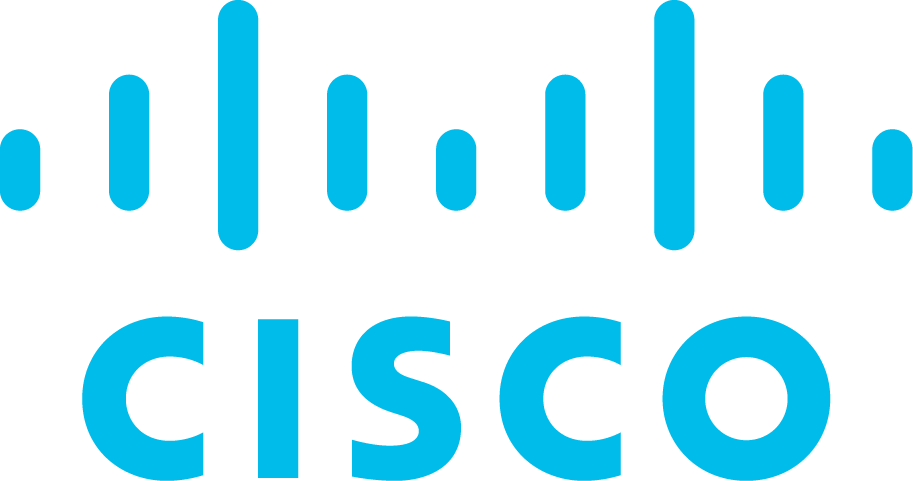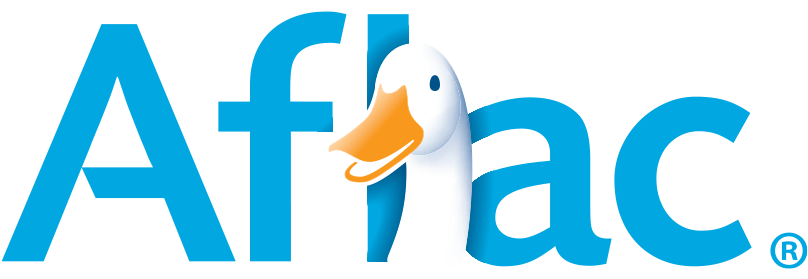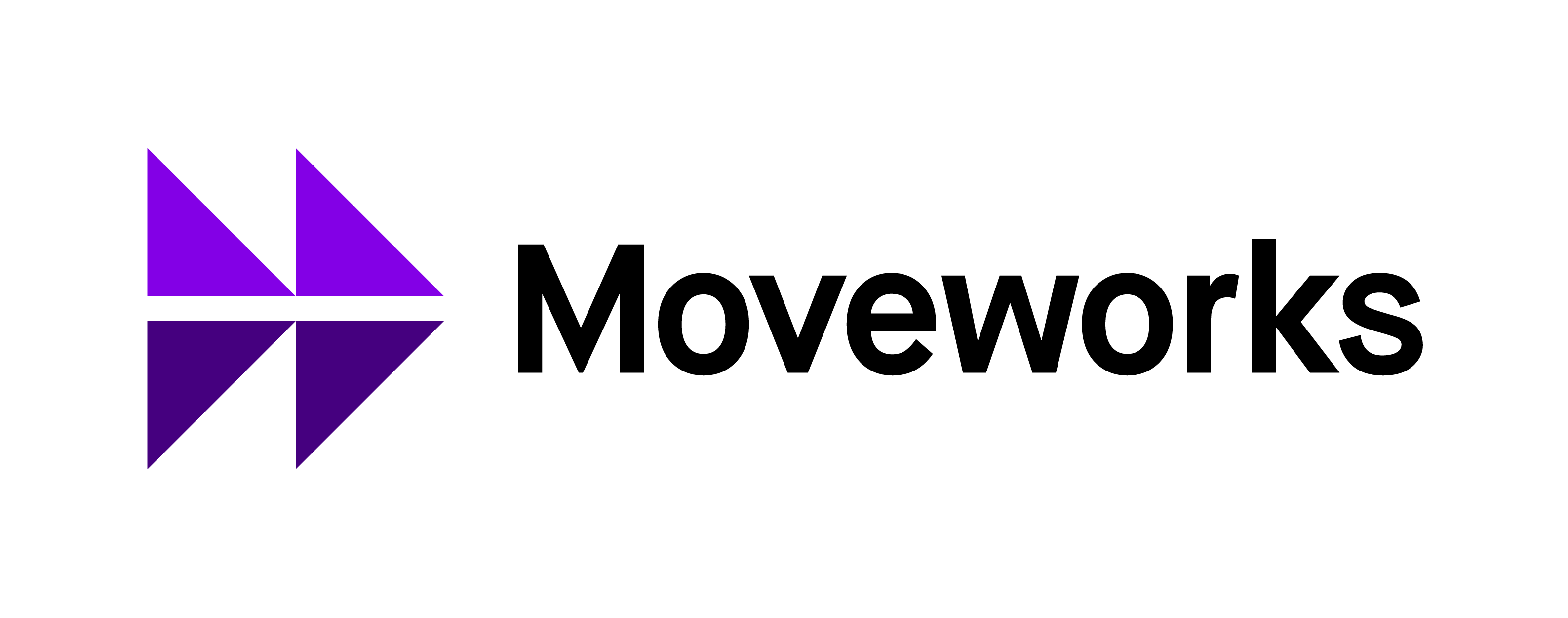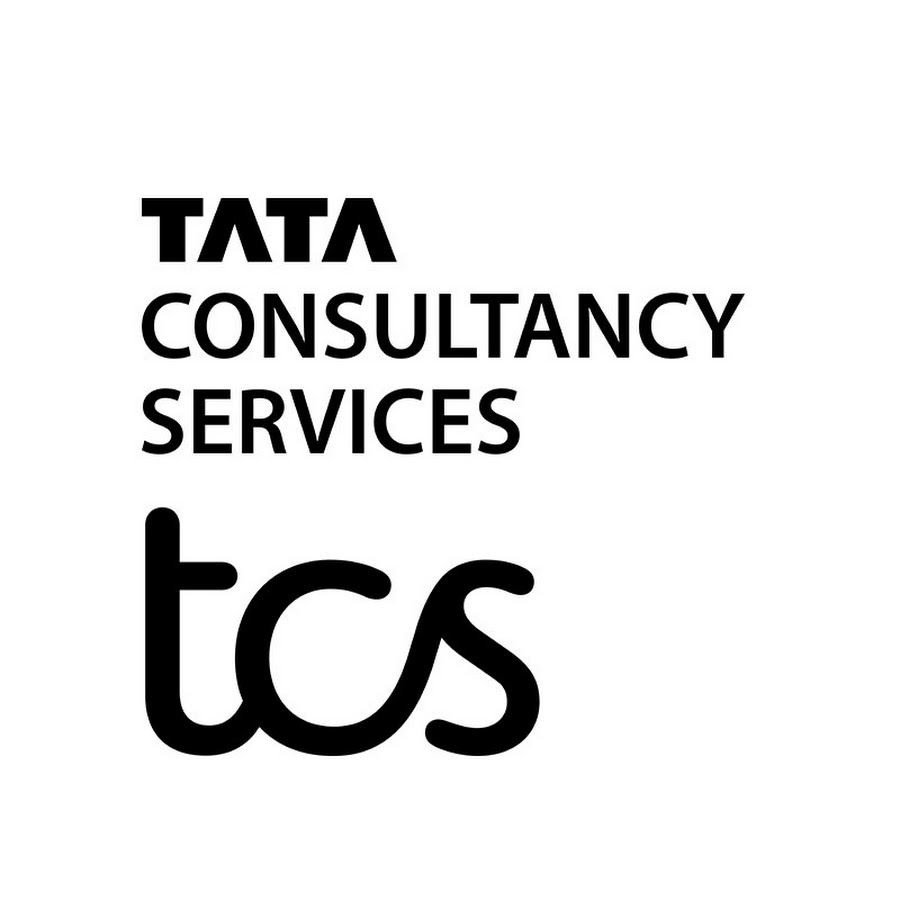We hope you were able to join us for our first virtual event in March: How COVID-19 Impacts Mental Health In Our Community. We learned from Dr. David V. Sheehan that anywhere from 40-80% of the population will get the virus – depending on our efforts now! Dr. Sheehan and panelists Baha Zeidan and Louise Wasilewski discussed what we can do now. Social distancing and converting practices to remote being the most successful. All of this has an impact which can be measured! See https://www.kinsahealth.co/ for local fever levels in your area and the UnaCast Social distancing scoreboard: https://www.unacast.com/covid19/social-distancing-scoreboard.
With the isolation and anxiety this situation brings, the conversation focused on those in vulnerable populations and how the community is working to find solutions. A few years ago, the ATL homelessness providers had to deal with treatment resistant tuberculosis. A highly infectious and serious illness and this past experience can be used to share protocols in addressing the current COVID-19 disease within the homeless population.
A large percentage of incarcerated individuals are diagnosed with mental illness, substance abuse, or both. Many states are releasing inmates that pose a low risk due to COVID-19 concerns. Through software like Acivilate, a continuity of care can be provided to ensure these individuals are more likely to stay on track and remain in good health.
Baha Zeidan discussed the shortage of access to care in the coming months and how Azalea Health is working to make access to care easier and to accelerate payments and information sharing.
Local resources include:
Metro Crisis Intervention Teams: https://gbi.georgia.gov/divisions/crisis-intervention-team
Georgia Crisis and Access Line: https://dbhdd.georgia.gov/access-services 1-800-715-4225
We hope you can join us for our April event: How COVID-19 is Impacting Digital Health. With the need for technology to drive results, we hope you will join us to learn more about current advances in this challenging environment.
Mental Health Statistics:
- Suicide is the 10th-leading cause of death across the U.S. population, but is second-most among college-aged students. (https://abcnews.go.com/Health/rising-suicide-rates-college-campuses-prompt-concerns-mental/story?id=66126446)
- Depression is the most common mental health disorder, affecting nearly one in eight adolescents and young adults each year. (https://www.hhs.gov/ash/oah/adolescent-development/mental-health/adolescent-mental-health-basics/index.html)
- Veterans are dying of suicide now at a rate of 22 a day which is up from 17 a day just 4 years ago. (https://www.militarytimes.com/news/pentagon-congress/2019/10/09/new-veteran-suicide-numbers-raise-concerns-among-experts-hoping-for-positive-news/)
- Between the Ages of 11 – 34, Suicide is the 2nd leading cause of death (https://www.nimh.nih.gov/health/statistics/suicide.shtml)
- About 600,000 people are homeless on any given night, and 2 million at some time in any given year. About a quarter to a third of the homeless have a serious mental illness — usually schizophrenia, bipolar disorder, or severe depression. (https://www.health.harvard.edu/newsletter_article/The_homeless_mentally_ill)
- In state prisons, 73 percent of women and 55 percent of men have at least one mental health problem. (https://www.pbs.org/newshour/health/numbers-mental-illness-behind-bars)
- It is estimated that 20% of people age 55 years or older experience some type of mental health concern. (https://www.cdc.gov/aging/pdf/mental_health.pdf)







































